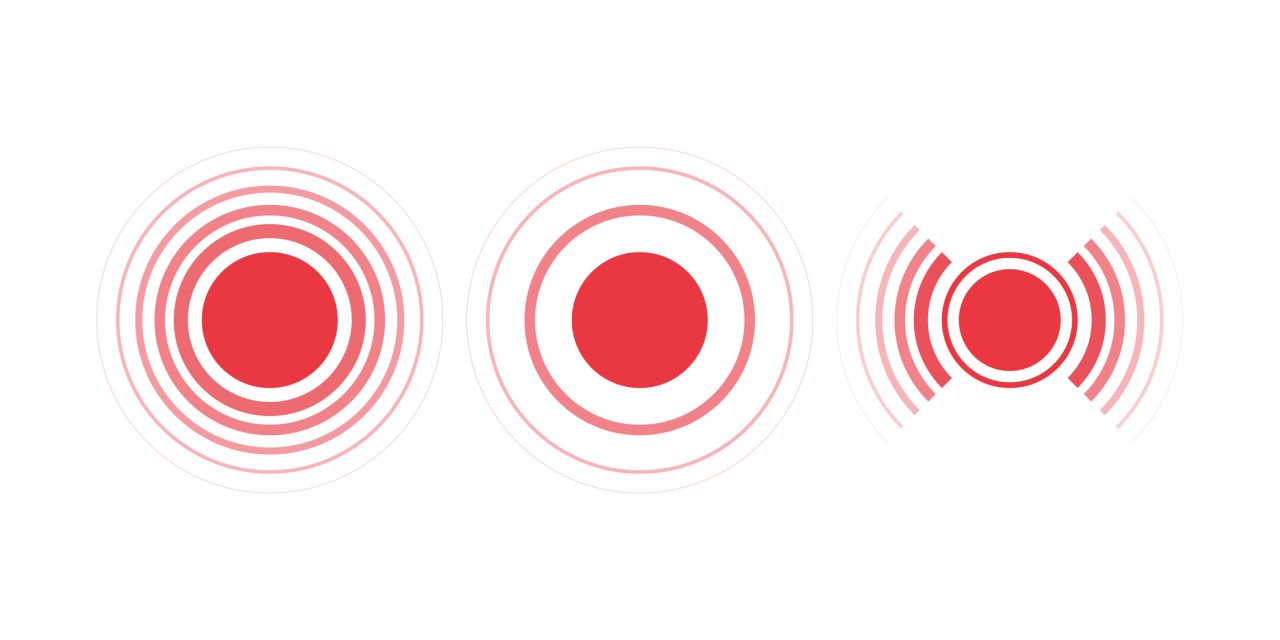 Hospital consultation services provided by outpatient physicians to children with medical complexity (CMC) can improve the outcomes for CMC, researchers found.
Hospital consultation services provided by outpatient physicians to children with medical complexity (CMC) can improve the outcomes for CMC, researchers found.
Specifically, those researchers found that these services likely reduced hospitalizations, total hospital days, pediatric ICU days, and health system costs.
The study was published in JAMA Pediatrics.
According to lead author Ricardo Mosquera, MD, The University of Texas Health Science Center at Houston, and his colleagues, while children with these medically complex conditions account for just 0.4% of all children, they are responsible for 40% of pediatric deaths, and more than half of pediatric hospital charges.
“These problems reflect the fragmented inpatient and outpatient care that they often receive,” the authors observed.
Consequently, the University of Texas Health Science Center at Houston, developed an outpatient comprehensive care (CC) program for high-risk CMC, which was first assessed via a randomized clinical trial that showed that CC reduced emergency department (ED) visits, hospital, and pediatric intensive care unit (PICU) admissions and days by 47% to 69%, and health system costs by $10,200 per child-year.
In this study Mosquera and his colleagues wanted to assess how a hospital consultation service, in conjunction with the comprehensive care program, compared with usual care for children with medical complexity.
Patients in the study included those younger than 18 years with a chronic illness treated in the UTH High-Risk Children’s Clinic, an enhanced medical home that provides CC to CMC with a history of high hospital use
In this study 342 CMC were randomized to receive either hospital consultation (HC) services (consisting of serial discussions between CC clinicians, ED physicians, and hospitalists concerning the need for admission, inpatient treatment, and transition back to outpatient care), or usual hospital care (UHC), involving routine pediatric hospitalist care.
The primary outcome of the trial, which ran from October 2016 to October 2017, was total hospital days per child-year, while secondary outcomes included hospitalizations, mean hospital length of stay, PICU admissions, PICU days, serious illnesses , ED visits within 30 days after discharge, 30-day readmissions, parental rating of hospital clinicians, and health system costs.
Regarding the study’s primary outcome total, intention-to-treat analysis showed the probability that HC reduced total hospital days was 91% (2.72 per child-year for HC and 6.01 for UHC, Bayesian rate ratio, 0.61).
As for secondary outcomes, the probability that HC improved outcomes exceeded 78% except for deaths. This included a probability of 98% for total hospitalizations, 89% for total PICU days, and 90% for 30-day readmissions, and 83% for mean hospital stay.
Mean total health system costs per child-year in the HC group were $24,928 compared to $42,276 in the UHC group (bayesian cost ratio [CR], 0.67; 95% CI, 0.41-1.10). Health system costs with HC were slightly lower than with UHC in the clinic ($5,588 versus $5,994; CR, 0.93; 95% CI, 0.86-1.01) and significantly lower in the hospital ($18,369 versus $33,208; CR, 0.66; 95% CI, 0.34-1.29).
“Our HC service was designed to further address factors that compromise care of CMC by avoiding unnecessary hospitalizations, assuring hospitalists were well informed about the problems, needs, and prior treatment of individual CMC, avoiding duplicate or other unnecessary tests, promoting evidence-based therapies, and facilitating earlier discharge and prompt follow-up assessments”
The authors acknowledged that a major limitation of their study was the fact it was limited to one institution. Thus, they concluded, “Our findings should encourage trials of hospital consultation from PCPs providing CC to CMC in other centers.”
In an editorial accompanying the study, Chris Feudtner, MD, PhD, MPH; Annique K. Hogan, MD, both of The Children’s Hospital of Philadelphia, noted that while its findings are compelling, they differ from reports from other programs showing a negligible mixed effect from complex care programs.
“What explains these differences in outcomes?” they asked, and they proceeded to list a series of “theoretical active ingredients” that describe that make up effective programs. For example, members of the clinical team providing complex care to children must have specialized knowledge their conditions, as well as knowledge about and skills in using the supportive technology, medications, and formulas that these children will need. Or clinicians need to customize their knowledge to the individual child’s complex medical condition.
These ingredients, as well as others, “are meant to be no more than a starting point as we continue to work together as a community of parents, practitioners, and investigators toward building a testable set of theories about pediatric complex care,” wrote Feudtner and Hogan.
-
Health consultation services provided by outpatient physicians can improve outcomes for medically complex children.
-
The study found that such a service reduced total hospital days, hospitalizations, pediatric ICU stays, and health system costs.
Michael Bassett, Contributing Writer, BreakingMED™
Mosquera reported grants from Network Access Improvement Project state funds during the conduct of the study and from National Institute of Child Health and Human Development outside the submitted work.
Cat ID: 138
Topic ID: 85,138,501,791,138,192,925


